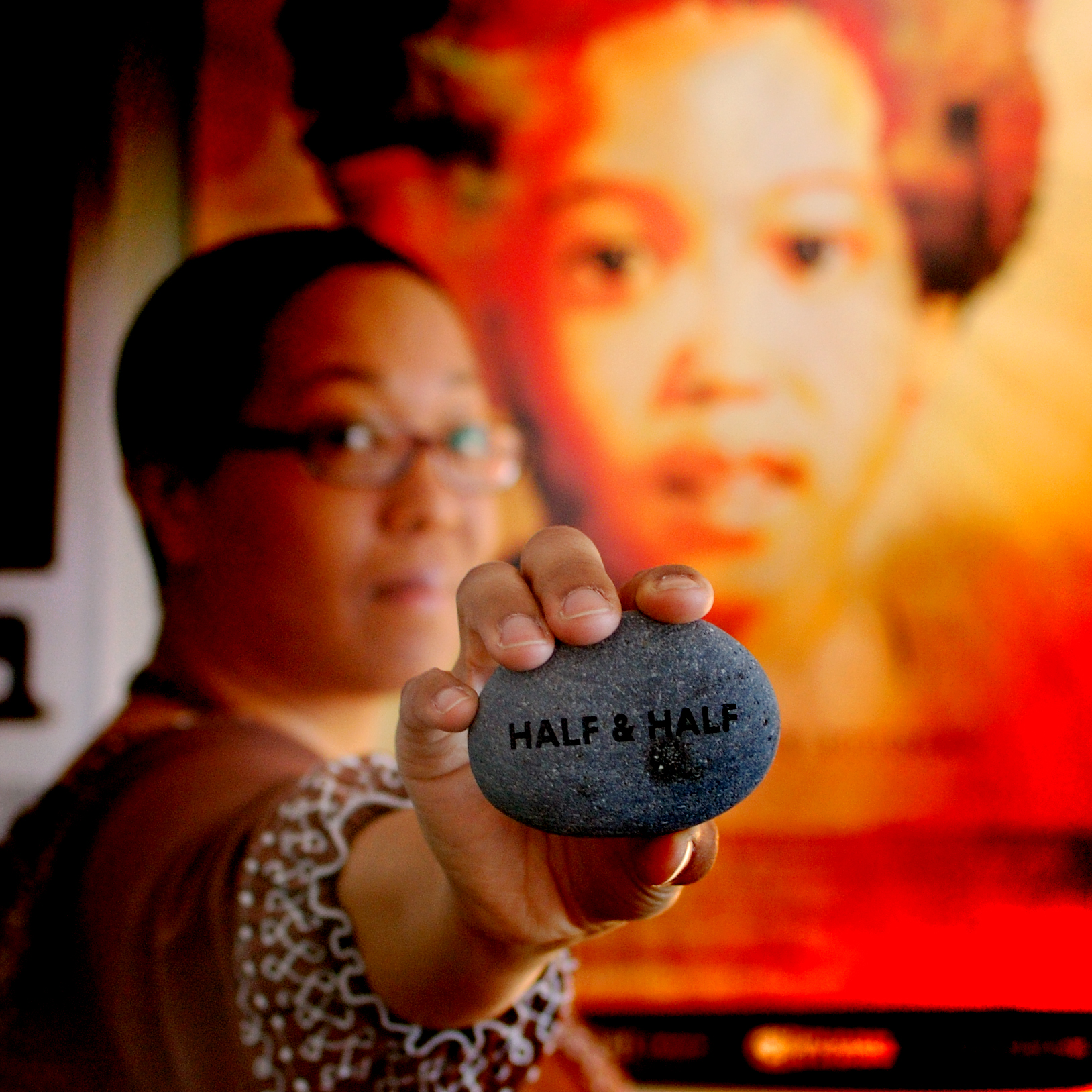How Impact Contributes to Engagement: The ALLY Project
April 23, 2013Intro by National Alliance for Media Arts and Culture (NAMAC):
Oftentimes, we think of impact as something that is measured subsequent to an event or intervention of significance. But Eliaichi Kimaro suggests, in this artsENGAGE post, that impact is also valuable research for designing that particular intervention.
Eli is the director of the documentary film A Lot Like You. In this post, she describes the process of designing the A Lot Like You (ALLY) Project, the interactive and engagement components of the film’s outreach. This campaign aims to partner with nonprofits and educational institutions to explore issues of identity and belonging, and the role of storytelling in encouraging those difficult conversations. To design this campaign, the ALLY team has been gauging impact by inviting audiences to share their personal experiences of the film so as to best harness its potential to generate forward-thinking conversation. To read some of the personal reflections audience members have shared after viewing the film, visit the ALLY Flickr stream here.
. . . . . . . . . . .
by Eliaichi Kimaro
Feature Blogger
National Alliance for Media Arts and Culture
As a first-time filmmaker, my learning curve over the past 10 years has been steep! Our film, A Lot Like You, explores the lens we all bring to the story of our lives–the stories we inherit, and the stories we pass down about who we are and where we come from.
During our 10-year film journey, the popularity of documentaries soared while the US economy collapsed. Many funding resources dried up. And the few remaining funders were looking to fund films that exposed injustice and inspired people to take concrete, measurable action. And so we saw a surge in the number of engaging, informative single-issue docs that came complete with a clearly-defined call to action.
By comparison, my film offered none of these things. In addition to being a novice filmmaker, I am a queer, mixed-race daughter of immigrants making a personal film about my family on Mt. Kilimanjaro. No one famous. Just people.
Our story also cuts across multiple issues. Over the course of the film, we witness how our experiences of family, culture, class, race, gender and trauma all play a role in shaping our sense of identity and belonging. We had to resist considerable pressure to simplify our story. And we had no way of predicting, let alone measuring, the film’s eventual social impact.
A Lot Like You premiered at the 2011 Seattle International Film Festival, and has been on the festival, campus and conference circuit ever since. Over the past 2 years, we’ve come to discover that the undeniable gift of A Lot Like You is its power to ignite dialogue and inspire deep introspection.
The ripple effect of truth telling that begins on the screen carries through to our post-screening conversations. And the change these conversations bring about can be truly profound and long-lasting.
We received this postcard 10 months after our film screened at this University.
A Lot Like You showed at the university where I teach last February. Today, I spoke with a student who, without provocation, indicated that this movie changed her life. “That filmmaker showed me that you can touch on topics, through film, and make a real personal impact. You can talk about life and truth and pain in a way that creates space for social justice for real people. She is an inspiration and this film shows me how one story – just one – can build a bridge & change the world. Now I want to do that, too.” This student has new purpose.
As an activist, I believe social change comes about one person at a time, one story at a time. And so I wanted to see if the momentum of these conversations and personal transformations could be harnessed so that, collectively, they could contribute to the groundswell that leads to change.
But could we develop an audience engagement campaign for a multi-issue film whose social impact is highly individual, deeply personal, and hard to quantify?
We partnered with Working Films, a predominant independent media organization focused on the art of engagement. With their guidance, we developed the A Lot Like You (ALLY) Project – an interactive, collaborative initiative that uses our award-winning film as a springboard for exploring issues of identity and belonging.
We are partnering with activists, educators and non-profits who want to use this film to facilitate deep personal exploration and/or expand the national discourse around:
- Race, Culture & Identity
- Violence and Abuse
- Intersectionality
- Arts + Community Engagement
To help us measure the personal impact of our film, we launched the ALLY Postcard campaign. We invite audience members to share their own stories, ideas, reflections on our film. This evolving conversation is helping us better understand the scope of our film’s impact and identify additional focus areas and potential partnerships.
Here are a few ways we have benefited from opening up our conversation and engaging directly with our audience. Our postcard campaign:
- amplifies the relevance and deepens the impact of our work.
- increases the community’s investment in our work in particular, and the arts in general.
- helps me understand my story better.
- connects audience members with their own creativity and curiosity.
- invites us all to practice sharing, listening, learning, growing, connecting, valuing differences.
- invites complexity.
- taps into the storyteller/artist in all of us.
- reminds us that we are all here because of our stories. And without our stories, we are nothing.



One Response to How Impact Contributes to Engagement: The ALLY Project
Pingback: QUARTERLY REPORT: Spring 2013 – Pete Droge